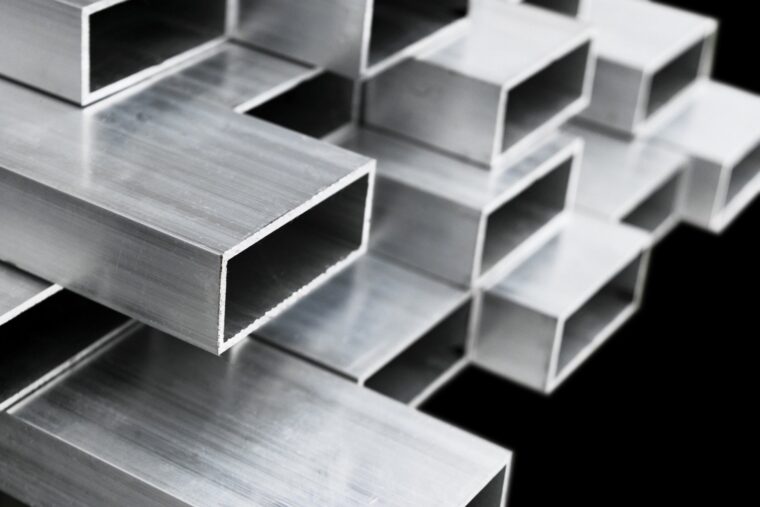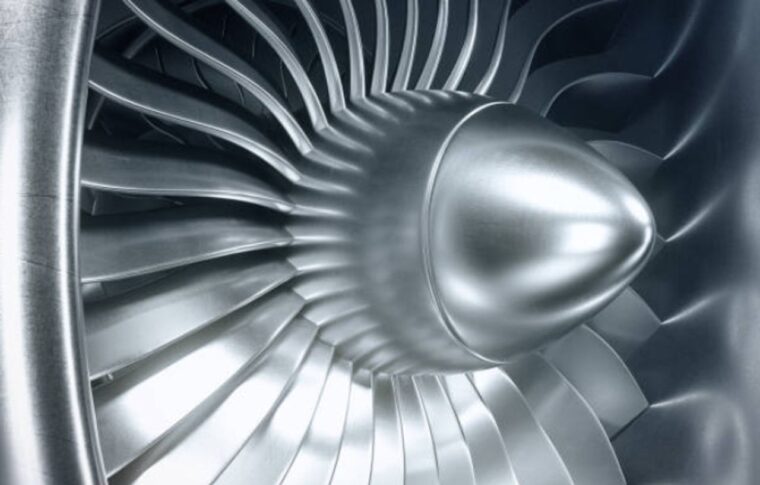Aluminum is a versatile metal with a wide range of applications in various industries. Its unique properties make it an ideal material for modern manufacturing, and it has become a preferred choice for many industries.
In this article, we will explore the reasons why aluminum technology is the future of manufacturing and some of its common and industrial uses.
Why Aluminum Is the Future of Manufacturing
Lightweight and Strong
One of the primary reasons why aluminum is the future of manufacturing is its lightweight and strong nature. It is about one-third the weight of steel but has similar strength. This makes it ideal for industries where weight is a crucial factor, such as aerospace, automotive, and transportation.
Corrosion-Resistant
Aluminum is highly resistant to corrosion, making it ideal for applications where exposure to moisture and other corrosive elements is prevalent. It does not rust like iron, making it a preferred choice for outdoor applications such as construction and infrastructure.
Easy to Fabricate
Aluminum is an easy material to fabricate and work with, making it an ideal choice for many manufacturing processes. It is easy to cut, form, and shape, making it an ideal choice for industries such as construction, automotive, and aerospace.
Recyclable
Aluminum is one of the most recyclable metals, and it can be recycled indefinitely without losing its quality. This makes it an eco-friendly choice for manufacturing industries and contributes to sustainable development.
Common Uses of Aluminum
Packaging

Aluminum is widely used in the packaging industry due to its lightweight and corrosion-resistant properties. It is commonly used in beverage cans, food containers, and other packaging materials.
Construction
Aluminum’s lightweight and corrosion-resistant properties make it an ideal material for the construction industry. It is commonly used in windows, doors, roofing, and cladding.
Transportation
Aluminum is commonly used in the transportation industry due to its lightweight and strength. It is used in the manufacturing of cars, trucks, buses, trains, and airplanes.
Electrical and Electronics
Aluminum is widely used in the electrical and electronics industry due to its high conductivity and low weight. It is used in the manufacturing of wires, power cables, and electronic components.
Industrial Uses of Aluminum
Aerospace

Aluminum is widely used in the aerospace industry due to its lightweight and strength. It is used in the manufacturing of aircraft, satellites, and space shuttles.
Marine
Aluminum is used in the marine industry due to its corrosion-resistant properties. It is used in the manufacturing of boats, ships, and offshore structures.
Industrial Machinery
Aluminum is used in the manufacturing of industrial machinery due to its easy workability and lightweight. It is commonly used in the manufacturing of machine tools, robotic systems, and conveyor systems.
Energy and Power
Aluminum is used in the energy and power industry due to its high conductivity and low weight. It is used in the manufacturing of power transmission lines, transformers, and solar panels.
Conclusion
Aluminum is the future of manufacturing, and its unique properties make it an ideal material for modern industries. Its lightweight, strength, corrosion-resistant, easy workability, and recyclability make it a preferred choice for many applications.
Its common uses include packaging, construction, transportation, and electrical and electronics, while its industrial uses include aerospace, marine, industrial machinery, and energy and power. The versatility of aluminum makes it an essential metal in the modern world and will continue to be a valuable material in the future.
